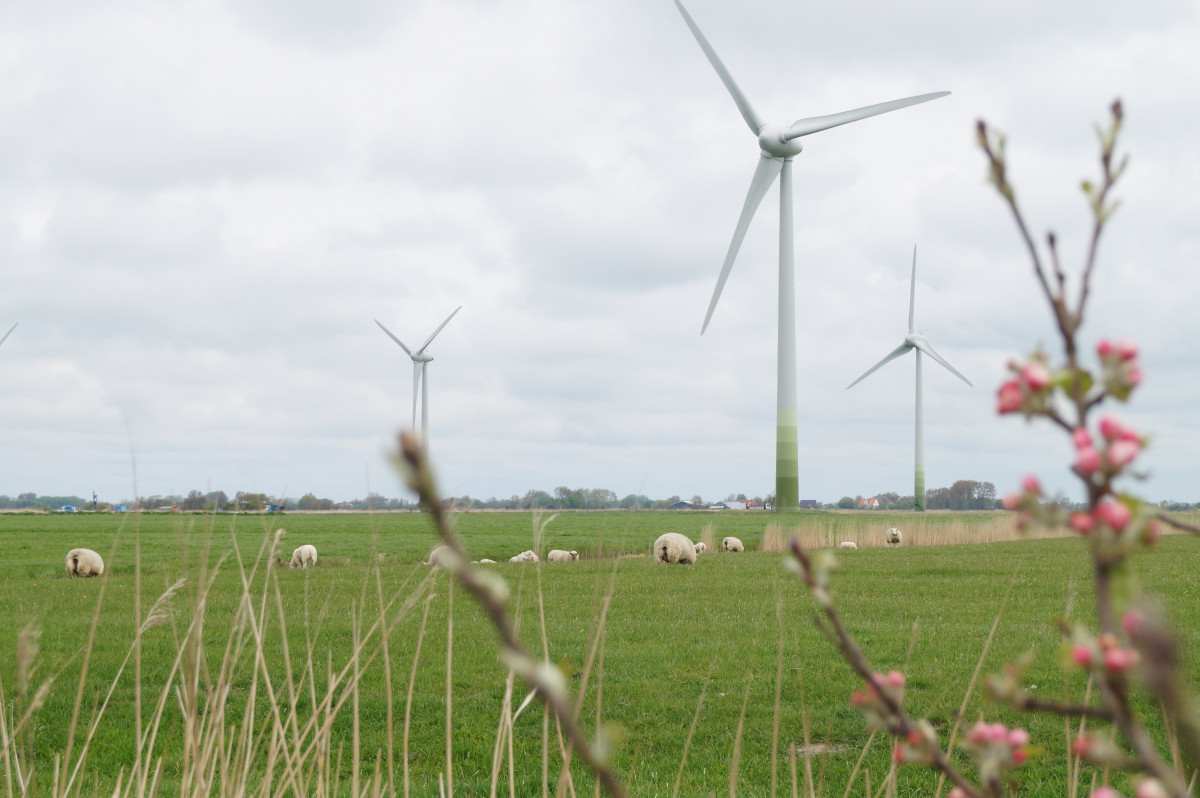Sharp fall of renewables levy good news for German power consumers in energy crunch
Germany’s renewables levy will fall by 43 percent to 3.723 cents per kilowatt hour (ct/kWh) in 2022, levels not seen since 2012, the country's transmission grid operators have said. High wholesale power prices and a 3.25-billion-euro contribution from the federal budget should ease the burden on electricity consumers. The energy industry and politicians are calling for abolishing the levy in the new legislative period.
“Especially in times when world market prices for gas, oil and coal are rising, the sharp drop in the renewables levy is good and important news for consumers in Germany as well as for the economy, especially for small and medium-sized enterprises,” said economy minister Peter Altmaier. “I expect the electricity utilities to pass on these price reductions to customers.”
The new levy would save an average three-person household with an annual power consumption of 4,000 kWh about 132 euros per year, said price comparison website Verivox. However, these savings could be nearly cancelled out by an increase in other elements of the power price. “Electricity prices in Germany will remain high in the coming year,” Verivox said. There are “no signs of significant relief for households” due to high wholesale prices and rising grid fees, it added.
Meanwhile, energy industry association BDEW cautioned that no general conclusions can be drawn about electricity price developments due to the different procurement strategies of the almost 1,400 electricity suppliers in Germany.
Expensive gas, coal and carbon, and federal budget funds push down levy
As part of Germany’s transition to an energy system largely based on renewable power, consumers pay a renewables surcharge with their electricity bill. It is used, for example, to finance the feed-in tariffs for renewable power and the market premium paid to larger producers. Companies pay about half of the total EEG surcharge, private households a third and the bulk of the rest is paid by public institutions. The renewables levy has been at 6-7 cents every year since 2014 and made up about one fifth to a quarter of the price household consumers pay per kWh.
There are three main reasons for the lower surcharge next year: support through government funds, higher wholesale power prices, and a surplus on Germany’s “green energy account”.
Due to the effects of the coronavirus pandemic, the levy was set to increase significantly to almost 10 cents last year. To ease the financial burden on electricity consumers as part of the crisis recovery programme, the government thus decided to use about ten billion euros of federal budget funds to cap the levy at 6.5 ct/kWh in 2021. The government earmarked part of the revenues from Germany’s new carbon price on transport and heating fuels to do so. There will also be support through the federal budget in 2022 – 3.25 billion euros exclusively financed through the carbon price revenues – which lowers the surcharge by almost one cent, said the grid operators.
After relatively constant electricity procurement costs for energy suppliers in recent years, prices have almost doubled for long-term procurement and almost tripled for short-term procurement since the beginning of 2021, said the BDEW. The resulting high wholesale power prices – driven by high prices for natural gas, coal and CO2 allowances – mean that producers of renewable electricity receive less for the market premium, thus reducing the need for overall renewables support. This has left a surplus on Germany’s “green energy account”. Average prices for electricity deliveries for 2022 – which are the relevant variable to calculate the renewables levy – have nearly doubled compared to the previous year, thus lowering the levy.
End of levy in sight: Altmaier calls for next govt to abolish it as early as 2023
Many energy industry stakeholders and politicians, including energy minister Altmaier, the Social Democratic Party (SPD) and the pro-business FDP have proposed to gradually lower or outright abolish the renewables levy over the coming years. This would help make the increasingly renewables-based electricity more competitive vis-à-vis fossil energy sources and thus help the shift to climate-friendly technologies.
“I call on the members of the new federal government to fully abolish the levy as quickly as possible, as early as 2023,” Altmaier said at a press conference. His party, the conservative CDU, is unlikely to be part of Germany’s next government, because the election winner Social Democrats (SPD) are currently sounding out a coalition with the Green Party and the pro-business Free Democrats (FDP).
“The lower renewables levy should not distract from the fact that the new federal government should decide as one of its first official acts to completely abolish the renewables levy in the coming legislative period,” said Kerstin Andreae, head of energy industry association BDEW. This would relieve power consumers and make green electricity more competitive in the transport and heating sectors.


